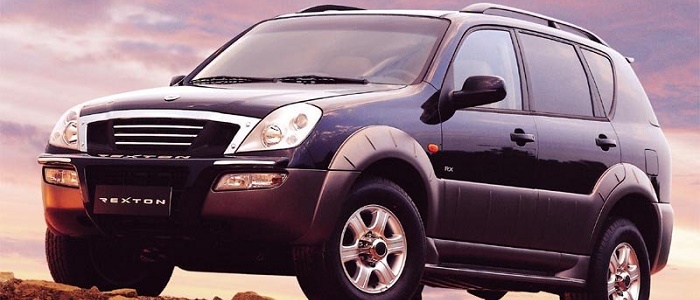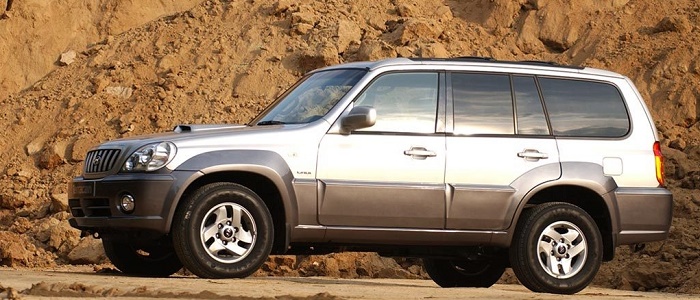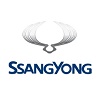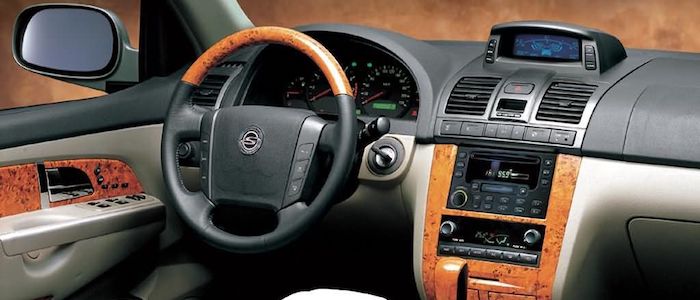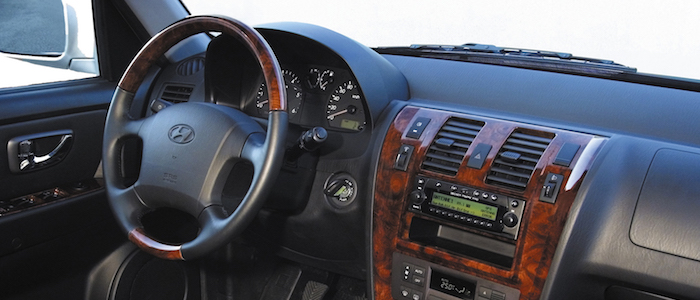Compare two cars
Compare any two cars and get our Virtual Adviser™ opinion
Dimensons & Outlines
Check a car with 30% off a report
Engine
2.3 M111 E23 HP
Performance (manual gearbox)
Performance (automatic gearbox)
Expenses
Virtual Adviser's™ opinion
Well, these are two pretty similar cars we have here! It's only details that could potentially make the difference. Considering they both belong to the suv segment and utilize the same 5-door suv body style and the 4 x 4 wheel drive system, it all comes up to the specific petrol engine choice they offer. The first one has a Mercedes Benz-engineered powertrain under the hood, a 4-cylinder, 16-valves 150hp unit, while the other one gets its power and torque from a 6-cylinder, 24-valves 198hp engine designed by Hyundai.
SafetyUnfortunatelly, neither of the two vehicles was submitted to the European New Car Assessment Programme (Euro NCAP) testing. This makes it virtually impossible for me to pick one over the other and I'm generally against buying such cars as the safety should really always come first. Still, apart from the official crash test results there are other things we need to be aware of. Both vehicles belong to the suv segment, which is generally a very good thing safety-wise, still it doesn't help us solve our dilemma, does it? On the other hand, taking kerb weight as an important factor into account, Terracan offers a considerable difference of 11% more metal.
ReliabilityI don't like generalizing things when it comes to reliability, although it does seem that Hyundai as a brand displays somewhat better results, at least on all of the models level. These are the results of an independent reasearch, while our visitors describe reliability of SSangYong with an average rating of 4.3, and models under the Hyundai badge with 4.5 out of 5. The same official information place Rexton as average reliability-wise, and Terracan is more or less at the same level.Above it all, drivers of cars with the same engine as Rexton rank it on average as 4.8 out of 5, exactly the same as the other one.
Performance & Fuel economyHyundai is undoubtly more agile, reaching 100km/h in 1.7 seconds less than its competitor. Still, it lacks the power to win the top speed competition, topping at 178 kilometers per hour, 4km/h less than the other car. When it comes to fuel economy an obvious choice would be Rexton, averaging around 11.7 liters of fuel per 100 kilometers (24 mpg), in combined cycle. That's 30% difference compared to Terracan!
Verdict
Hyundai appears just a bit more reliable, although the difference is truly marginal. The most important thing when deciding between any two vehicles should always be safety, both passive and active. In my opinion, everything taken into account, Terracan offers significantly better overall protection, taking the lead here. It all continues in the same direction, with Hyundai offering somewhat better performance, just enough to call it quicker. It does come at a cost though, and that's the fuel consumption... No mistake, whatever you decide here, but I'd still go for the SSangYong. Anyway, that's the most objective conclusion I could've came up with and it's based solely on the information found on this website. Aspects such as design, practicality, brand value and driving experience are there for you to measure them out. I suggest you spend two more minutes in order to find out which car, based on your needs and budget, would be picked by the virtual adviser™, among thousands of similar, yet so different vehicles.























